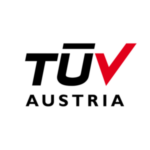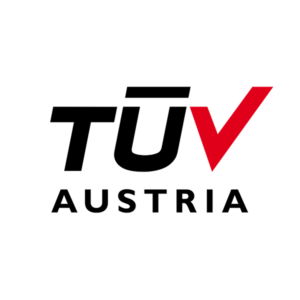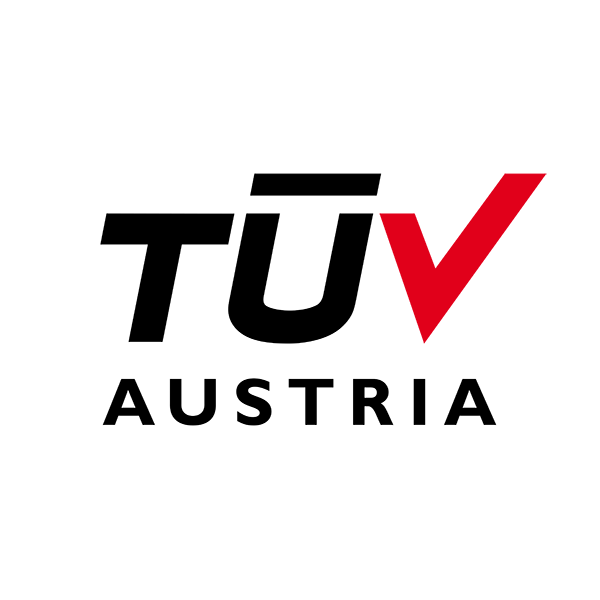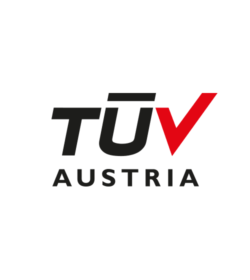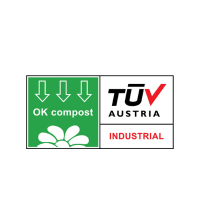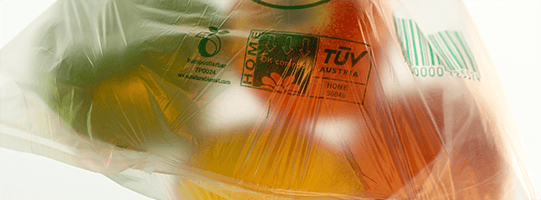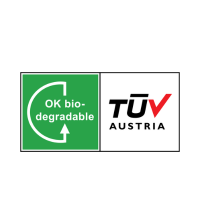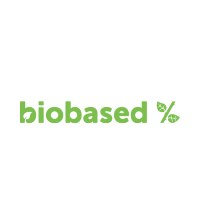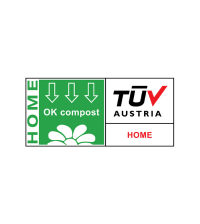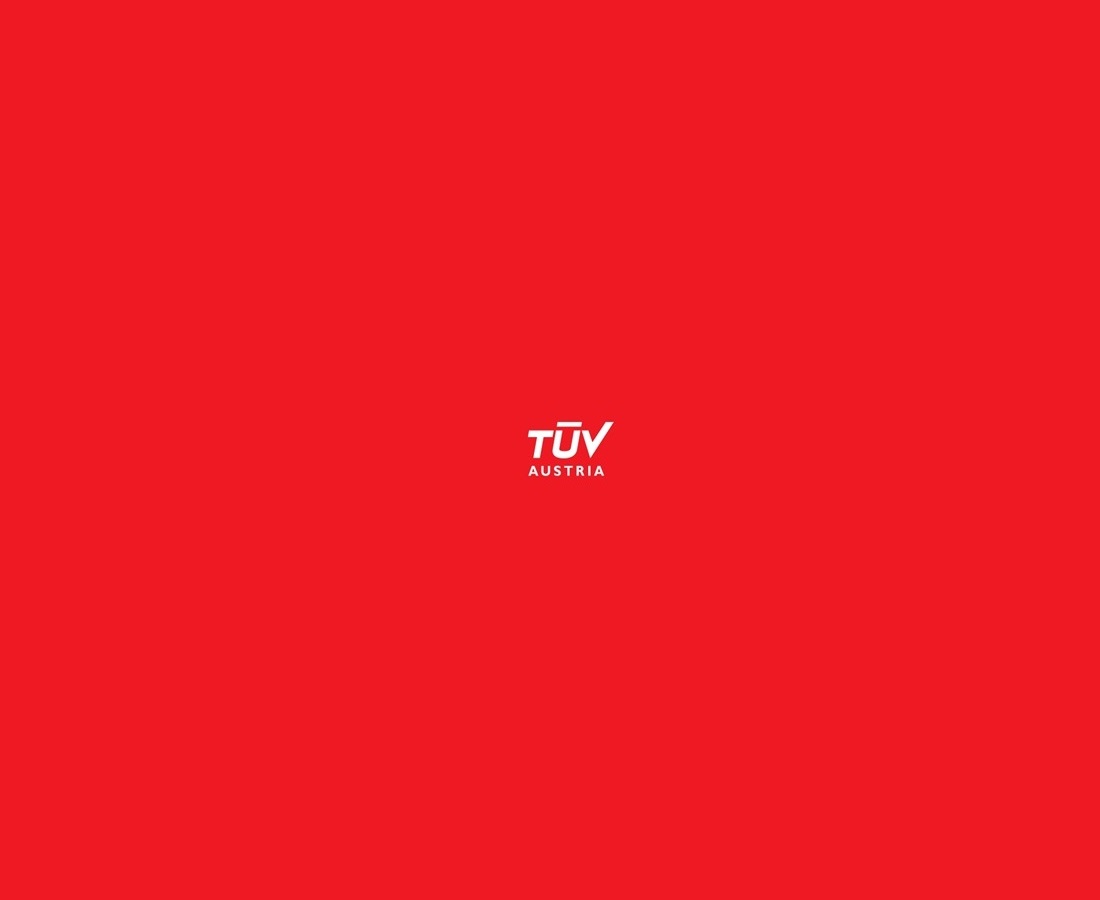Solution: OK renewable
Solution: OK renewable
TÜV AUSTRIA Certification Scheme: OK compost HOME
Accreditation
FAQ
What is the difference between “OK compost INDUSTRIAL” and “OK compost HOME”?
Products that are solely OK compost INDUSTRIAL-certified are those that compost only in industrial composting facilities (at temperatures between 55 to 60°C), so products that are solely OK compost INDUSTRIAL-certified should not go into the garden compost.
Conversely, OK compost HOME refers to products that also compost at lower temperatures, so they can go into the compost heap in your garden at home, hence the title “HOME”.
Is there any difference between “biodegradable” and “compostable”?
People often get “biodegradable” and “compostable” mixed up but they do not mean the same thing. A biodegradable product may be broken down by microorganisms but this does not necessarily imply that the product can be converted into good quality compost.
Biodegradability and compostability rely heavily on the environment where the product is broken down. As each environment (compost, soil, water, …) has different temperatures and microorganisms, the speed of the biodegradation process may vary from one site to another.
For example, bioplastics which are biodegradable in an industrial composting plant (the most aggressive atmosphere regime) are not always biodegradable in water or soil, or even in a compost bin in the garden (owing to the lower temperatures).
What tests are required to qualify for an OK compost INDUSTRIAL certificate?
The European Norm about compostability of packaging (EN 13432) requires (besides a clear and detailed description of the product) 4 tests:
test on biodegradation (chemical break down of the polymer of fibres)
test on disintegration (physically falling apart of the product in small fragments)
test on ecotoxicity (test if the composted product does not exert any negative effect on plants)
test on heavy metals content
NOTE – Biodegradation, ecotoxicity and heavy metal content are characteristics of the material, whereas disintegration is a characteristic of the material and shape (final product).
TÜV AUSTRIA Certification Scheme: OK compost HOME
The concept of renewability is becoming increasingly crucial as industries and consumers alike seek to reduce their carbon footprint, especially the scope-3 emissions. Our ‘OK renewable’ certification addresses this need by ensuring that products meet stringent renewable carbon standards.
This is what led the nova Institute to launch the Renewable Carbon Initiative (RCI) in 2020, one of the first actions of which was to set up a multi-sectoral “Labelling” working group in which we participated, in order to develop the renewable carbon share (RCS) concept. It is therefore quite natural that the RCI turned to us to implement the RCS concept through the “OK renewable” certification scheme.
Renewable carbon entails all carbon sources that avoid or substitute the use of any additional fossil carbon from the geosphere.
Renewable carbon can come from the biosphere (biomass), atmosphere (CO2) or technosphere (recycling) but not from the geosphere (fossil), creating a carbon circular economy between the biosphere, atmosphere or technosphere.
OK renewable allows to combine these different sources into one single statement.
A Renewable Carbon Share (RCS) of x% means that
- the proportion of mass containing Renewable Carbon is x% of the total carbon-containing mass (renewable-based)
and/or
- the equivalent amount of feedstock of the mass containing fossil carbon has been replaced by feedstock containing Renewable Carbon in the production plant (renewable-attributed),
as documented by established certificates.
Focusing on the mass containing renewable carbon, rather than just renewable carbon, is necessary to allow for a fair inclusion of dedicated bio-based materials, such as PLA, where bio-based oxygen (included in the mass) also replaces fossil carbon. This would be lost if we only considered carbon.
At first, 9 established underlying certification schemes have been selected :
- Biobased (NEN)
- DIN Geprüft (DIN Certco)
- Flustix recycled
- ISCC+
- OK biobased & OK recycled (TÜV AUSTRIA)
- RecyClass
- RedCert2
- RSB
The project was then submitted to an Advisory Committee made up of stakeholders from RCI, nova Institute and TÜV Austria who met several times to validate the different stages of the development of the scheme, which was then tested on several case studies in order to verify its robustness.
As with our other conformity marks, this logo clearly declares its scope, specifies who the certifier is, who is the holder (via the “S code”) and finally quantifies the renewable share.

